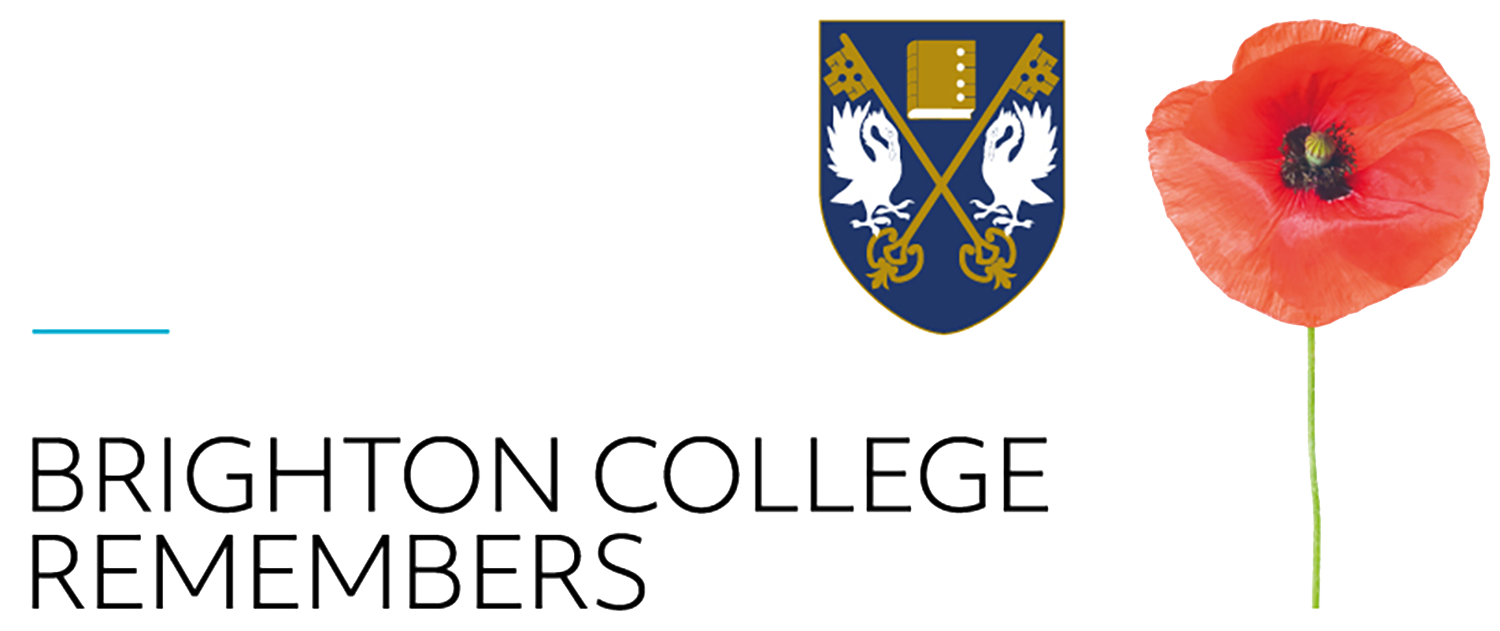Lieutenant, Seaforth Highlanders
Born: March 4th 1893
Died: November 21st 1917
Age at Death: 24
Killed in action, France, November 21st 1917
Son of A. Mackintosh, Sussex Square, Brighton.
A donation to the memorial statue has been made in honour of this soldier by Simon Smith (Brighton College Common Room 1973-2011).
A courageous young man who had the makings of a great poet
Went on from Brighton College to St. Paul's School. Then read Classics at Christ Church, Oxford.
Grave reference Orival Wood Cemetery, Flesquieres 1 A 26.
Obituary Brightonian XV December, 1917
Writing in The Times of Lieutenant E.A. Mackintosh, M.C., Seaforth Highlanders, a correspondent signing himself "C.D." says: "When a few months ago 'A Highland Regiment' was published by the Bodley Head, literary men on both side of the Atlantic were quick to recognize that the war had created a new heroic poet. His poem, "Cha Till Maccruimeim", written on the departure of a battalion of the Cameroons, is amongst the most valuable contributions to Scottish literature of the past fifty years. It has in it all the stern tenderness of the Gaelic folk-song, plus the mighty exaltation of the Flanders front, where men march out to die without external glory, cheerfully, wearily, muddied to the eyes, smiling to the last moment, because the thing that they purchase with their death has become so immensely worth while. What Lieut. E.A. Mackintosh sang about him his poems he has at last accomplished. The war created him; the war has taken him away. He was killed on November 21st. Details are not yet to hand as to how he encountered his death. Poems still keep on arriving, scribbled on mud-smeared bits of paper in the trenches. One of these, his last, is certainly his greatest. It is called, 'War, the Liberator', and is prophetic, as though already in the handful of moment preceding zero hour he felf the shadow approaching of the end he had coveted."
In his death we have lost a poet - how fine we shall never know, for he died like a thrush in his first April. He was 24 years of age, the only son of the late Alexander and Mrs. Mackintosh, of 16 Sussex Square, Brighton. His mother was the daughter of the famous preacher, Guinness Rogers, who was an intimate friend of Mr. Gladstone, from whom he got his first name, Ewart. Educated at Brighton College, and then St. Paul's School, he won a scholarship at Christ Church, Oxford, and was in the middle of his "Greats" course when the war broke out. He immediately tried to join the Army, but was at first rejected on the score of eyesight. Finally, he got a commission in the Seaforth Highlanders, and was in France from July, 1915, to August, 1916, when he returned to England having been wounded at High Wood. For eight months following his recovery he was at Cambridge, training cadets. In September last he returned to the front, where report says he was killed while observing enemy movements under heavy fire. His M.C. was earned in May, 1916, for organising and conducting a successful raid on enemy trenches, and for carrying out the wounded under heavy fire. Many of the men who served with him were New Zealanders. He learnt to love them, and had planned to make his home in their country had he survived the war. Through his death he survives in a different way. There are among his poems some that will live for always, while he sleeps unbrokenly among the English gentlemen of France.
In Memoriam
So you were David's father,
And he was your only son,
And the new-cut peats are rotting
And the work is left undone,
Because of an old man weeping,
Just an old man in pain,
For David, his son David,
That will not come again.
Oh, the letters he wrote you,
And I can see them still,
Not a word of the fighting,
But just the sheep on the hill
And how you should get the crops in
Ere the year get stormier,
And the Bosches have got his body,
And I was his officer.
You were only David's father,
But I had fifty sons
When we went up in the evening
Under the arch of the guns,
And we came back at twilight -
O God! I heard them call
To me for help and pity
That could not help at all.
Oh, never will I forget you,
My men that trusted me,
More my sons than your fathers',
For they could only see
The little helpless babies
And the young men in their pride.
They could not see you dying,
And hold you while you died.
Happy and young and gallant,
They saw their first-born go,
But not the strong limbs broken
And the beautiful men brought low,
The piteous writhing bodies,
They screamed "Don't leave me, sir",
For they were only your fathers
But I was your officer.
In Memoriam by Ewart Alan Mackintosh read by Danny Dyer Forever: The Official Album of the World War One Commemorations. An album of poetry and music to commemorate the Great War.






